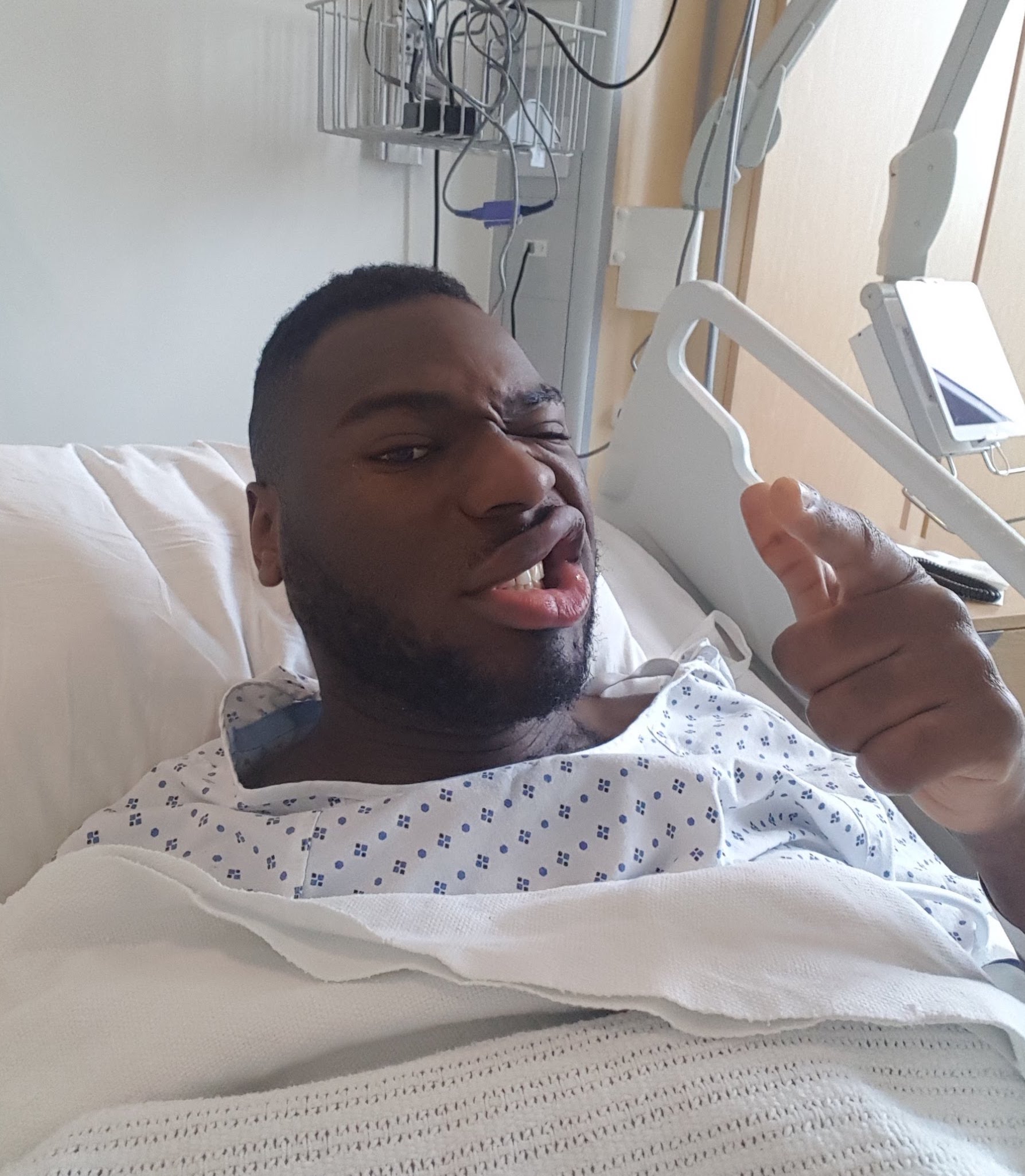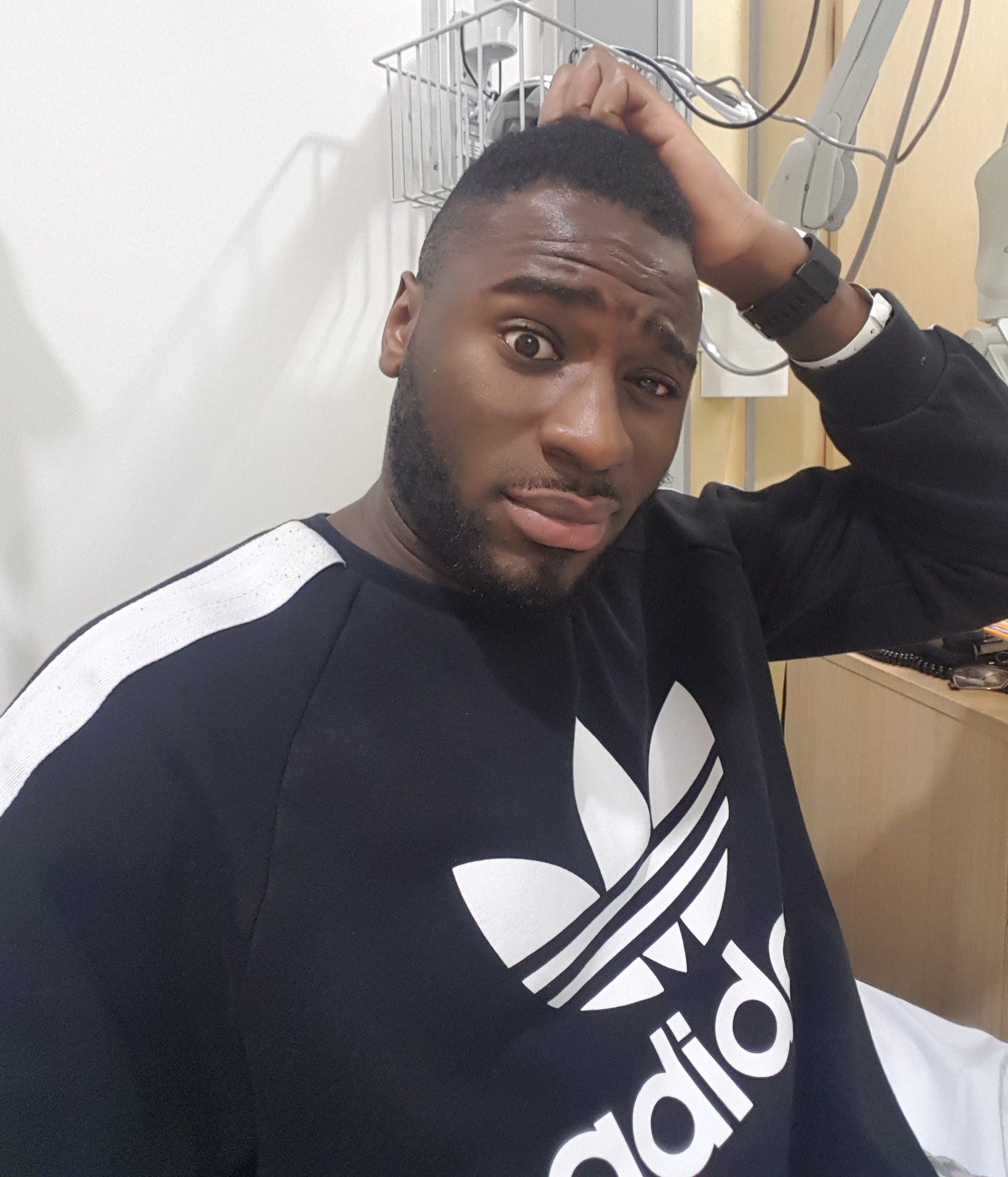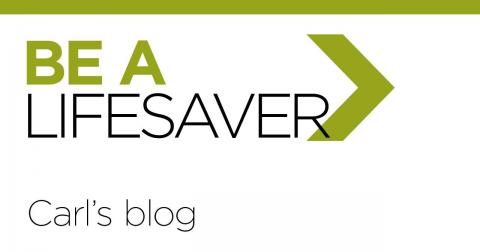Journalist, writer and broadcaster Carl Anka blogs honestly about his fears and concerns around donating and how he overcame them to do an 'amazing' and 'selfless' act.
My friend was diagnosed with cancer in 2015, and a lot of my friends and I signed up in support. To be honest, I signed up then mostly forgot about it. Then, in February 2018, I got the call to say that I was a match for someone.

Are they going to stick a big needle in my back?
I spent a few days thinking about whether this was something I really wanted to do. It was hard to get my head around the fact that there was someone out there who was not in a healthy way and needed me. I had to get my head around wondering if I’d be able to get the time off work, and get my head around thinking… are they going to stick a big needle in my back?
My mum was really proud, and my boss was really accommodating. My aunt, who is often the voice of reason, said, ‘What are you doing? Why are you doing this?’.In the end I thought, if you have the chance to help someone, you’ve got to do it.

‘Congratulations, you’ve passed your medical.’
I had some blood tests done and one of the questions I was asked was which method I’d prefer – through the bloodstream or bone marrow. I requested the bloodstream method because I was still feeling a bit sceptical about bone marrow. They eventually got back to me and said that the patient was in such a way that the bone marrow method was necessary, so I agreed.
At the medical before the donation, the doctor was really interesting. I remember him saying to me, ‘Congratulations, you’ve passed your medical’. Then, he removed his glasses and said that he wanted to be really honest about the possible side effects of the procedure. I was worried about the potential for back pain – it would mean that I wouldn’t be able to play rugby.
I was a bit nervous beforehand. I felt a bit worried, not about whether I’d be able to go through with it, but things like, what if they find out my iron count is too low and I can’t donate? And the idea of anaesthetic down my throat I wasn’t enamoured with, shall we say.
It felt a bit like it would after playing a rugby game
After the procedure itself, in terms of immediate pain, I didn’t feel that bad – I felt a bit tired, and had a bit of back pain. I play rugby so it felt a bit like I would after playing a rugby game – a bit tired and a bit of pain from knocking into people.
The nurses were actually quite impressed by how quickly I was moving around and walking again. I felt mostly fine. My mum was a bit annoyed at me for moving around so much and moving stacks of books. It’s interesting because at first you have that rush of attention, with everyone telling you how amazing you are, about what an amazing thing you’ve done. But in the two weeks afterwards where you’re feeling a bit in pain and a bit isolated, that’s when you feel quite vulnerable and need an arm around the shoulder (but absolutely not around the lower back!)
I’d say to anyone who was thinking about signing up to put yourself on the list, and try not to worry about it – you’d be surprised at how selfless you can be when the time comes. It’s an amazing thing, really. Someone put it really well and said, ‘You’re giving up two weeks of your life to potentially give some two years or even more’. I’d say, don’t be put off by a bit of pain.
#BeALifesaver is our campaign to let every young man aged 16–30 know the difference they could make by joining our stem cell register. Find out more about how you could be a lifesaver too.
